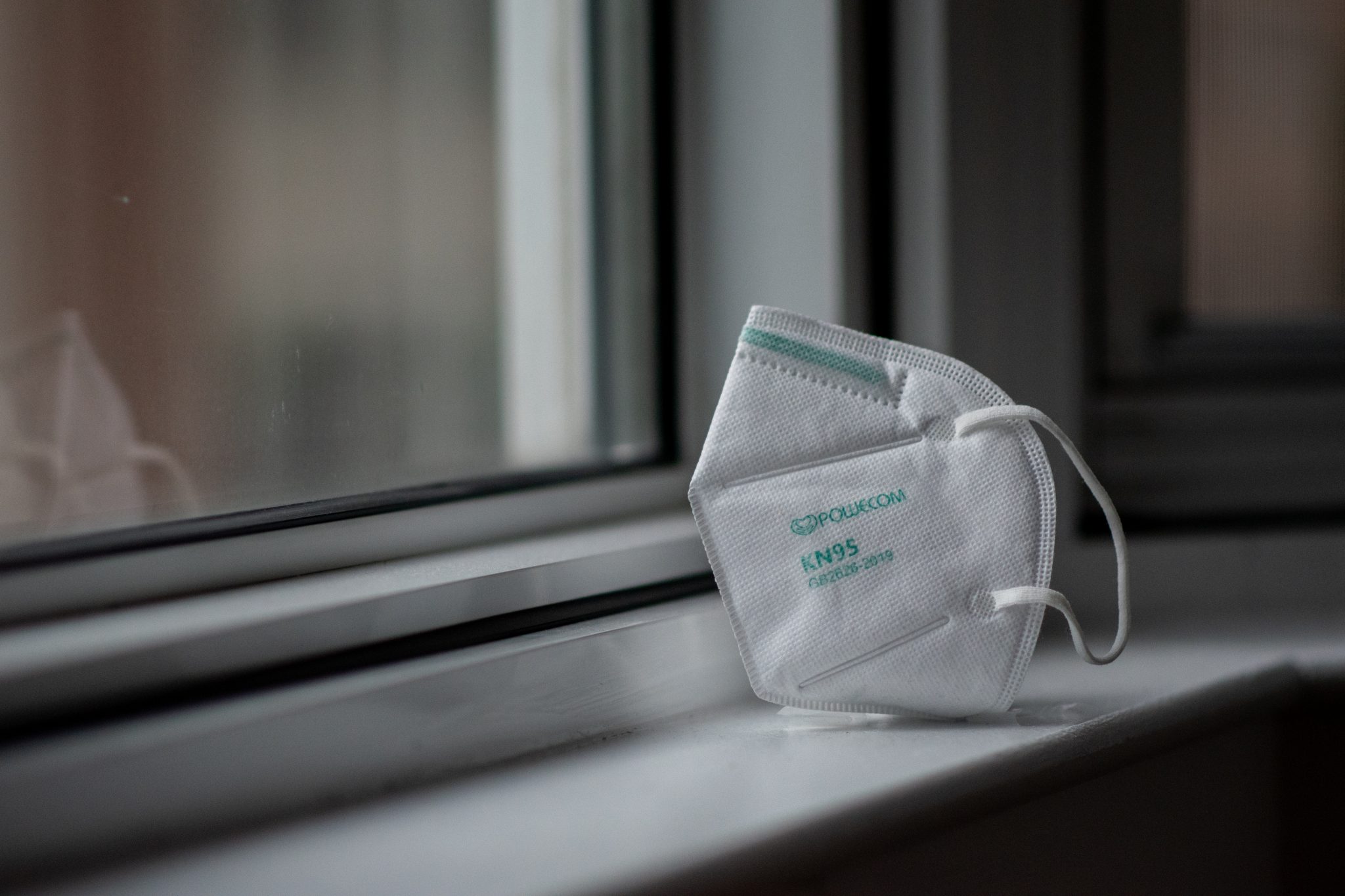Although the University of Maryland lifted mask requirements in classrooms and transportation Aug. 24, normalcy is still far away for students with long COVID-19, a collection of symptoms that continue after contracting COVID-19.
While experts say removing mask mandates may not affect all long COVID-19 patients, those with respiratory long COVID-19 symptoms could be at high risk from the changes.
Dr. Kate McPhaul, an associate research faculty member in this university’s public health school, explained that because the connection between masks, vaccination and long COVID-19 is not well defined, it would be too strong to say not wearing masks puts the general public at risk for long COVID-19. However, those who are immunocompromised, experiencing COVID-19 symptoms or have a chronic disease, including long COVID-19, should continue wearing masks, she said.
“What masks are generally going to protect people from is something that might be circulating, like infectious disease,” McPhaul said. “If your long [COVID-19] is increased symptoms of asthma or new asthma or lots of coughing … everything from dust to circulating infectious diseases are going to be going to be a high risk.”
[UMD to lift classroom mask mandate]
Reducing the mask mandate may make people who have respiratory symptoms more susceptible to other types of respiratory conditions. But masks coming off isn’t necessarily a problem unless infectious disease circulation is high, McPhaul said.
Jason Stone, a sophomore materials science and engineering major, has been struggling with long COVID-19 symptoms since January of this year. His symptoms began with heart palpitations preventing him from sleeping, fatigue, brain fog and pounding headaches.
Stone’s symptoms, combined with an online format for some classes, have made retaining class material a challenge.
“Having stress from the debilitating symptoms and the brain fog is a recipe for disaster, the perfect storm,” he said.
Since June, Stone’s symptoms have improved and he has been able to return to activities, such as running and working out. However, the ringing in his ears and tingling in his limbs has worsened.
Lars Knudsen, a junior aerospace engineering major and another long COVID-19 patient, has views similar to the experts on masking.
While he thinks the immunocompromised and those with COVID-19 symptoms should wear masks, he said, “We can’t be wearing them forever.”
Outside of large classrooms, not everyone should have to wear a mask, he said.
Knudsen still suffers from long COVID-19 symptoms almost a year after he contracted the virus in October 2021. The headaches and lightheadedness that sent him to the emergency room have stopped, but his fatigue and difficulty focusing remain.
“I’ve been struggling to focus in class ever since … and it’s harder for me to stay awake even though I’m getting nine hours of sleep every night, and I’m doing exercise and eating three meals a day,” Knudsen said.
While he managed to get an accommodation granting him extra time for exams from the university’s Accessibility and Disability Services office, Knudsen’s difficulties with schoolwork are ongoing.
[Later abortion clinic to open in College Park this fall]
In a statement, the University Health Center said it is committed to supporting students with underlying medical conditions, including long COVID-19 and encouraged students who have documented disabilities from COVID-19 to connect with primary care providers and request an accommodation.
Both Stone and Knudsen noted they weren’t initially sure they were suffering from long COVID-19. Stone worried his symptoms were because of stress, a heart problem or a neurological problem before he was diagnosed with long COVID-19. Knudsen was surprised when he heard other students and staff in the community were also struggling with long COVID-19.
“It’s hard to describe how difficult [long COVID-19] is because it’s not something you can physically see. How do you tell someone how fatigued you are? Anyone could say you made it up,” Knudsen said. “Knowing that other students also have this assures me that my symptoms aren’t just my head.”
McPhaul also noted in addition to personally monitoring symptoms and receiving medical care, a support group for long COVID-19 patients could be helpful.
“Before a disease is fully understood, there’s [no] consensus around the best way to treat it. Consequently, the people who might have it just feel a little bit lost or disconnected, or they get conflicting answers … Physical care and emotional care is the kind of environment students need,” she said.



